Heritage Notes – Gomin’, Warsh, and Subtitles
As an Amazon Associate I earn from qualifying purchases.
Today I’m proud to bring you Mama’s third installment of Heritage Hints and Notes. I know you’ll enjoy it as much as I did. We’d love to hear from you in the comments below and be sure to check out her other Heritage posts by clicking here. Gratefully, Christy

A while back, I happened upon a documentary on Appalachian people. I try not to call Christy when these are on because more often than not they subtitle folks as they talk and nothing gets her riled faster than seeing Southerners subtitled…
This particular documentary really stood out to me, though, because I recognized a lot of phrases used by my grandparents, phrases that I’m often corrected on nowadays because folks simply don’t understand them. As it turns out, the words make perfect sense (and always have), it’s just that they were somewhat foreig – what things were called in England and Scotland years earlier and passed down generation by generation.
A prime example is a phrase I’ve heard all of my life. My grandmother (Lela) always complained that we kids were “A messin’ and a gomin’ ”. I always wondered what “goming” was. A man on the documentary explained that goming was making a real mess or being messy. Brings to mind how we were always in the kitchen fixing us a snack and leaving a mess behind-“goming”.
My grandmother “toted stuff in a paper poke”. Translated that means carrying things in a paper sack. Times were hard and my grandmother carefully folded her used paper pokes to be reused whenever she got any. They were reused until they were soft and floppy. Unknowingly she was practicing saving the earth. Country folk recycled long before it was popular. Every now and then I toss a plastic throwaway container in the trash and I can’t help but pause to think of how my grandmother would have loved and cherished something as simple as a plastic container.
Country people rose with the dawn, worked the fields all day, raised all their own food, and preserved it to feed their families through the winter. They made every piece of clothing their family had and even recycled outgrown clothing into clothes for younger children or quilts to provide warmth on long winter nights. Nothing was wasted. Every scrap, thread, and piece of string was valued and saved.
I am often corrected for saying “warsh” instead of wash. Christy tells me that her kids have told her she is supposed to pronounce her father’s title “Da-dee” instead of “Deh-dee”. We aren’t supposed to say ain’t, pokes, “coo-pun” instead of q-pon and the likes. Often, I am torn between using what I know as proper grammar and holding on to the speech and values of my beloved ancestors. It feels as if I am turning my back on them if I change my ways. On the other hand, if I don’t I am perceived as backwards or uneducated. Many a Southerner (or folks from any region with a specific dialect for that matter) struggle with these same feelings.
From my ancestors, I have learned values, how to work hard, and integrity that no school could ever teach. Just like Northerners speak differently, so do I and I will continue to do so. I am proud to be from great loving hardworking stock. I can never turn my back on my heritage but I will try to tone down the “ain’t” at school assemblies for my grandkids as long as they’ll sit and listen to my stories of the people they come from – I figure that is a fair trade off. It is my hope to pass on the integrity with which my ancestors lived every day. I may sound more like them than future generations will, but I only hope I can be half the person that they were.
When asking my Mother what should I do in a sticky situation, she would answer…
“In your heart of hearts you already know the answer. You just have to listen to your heart.”
~Advice from Dawn Tierney’s mother that Dawn submitted on our Give a Penny Page.

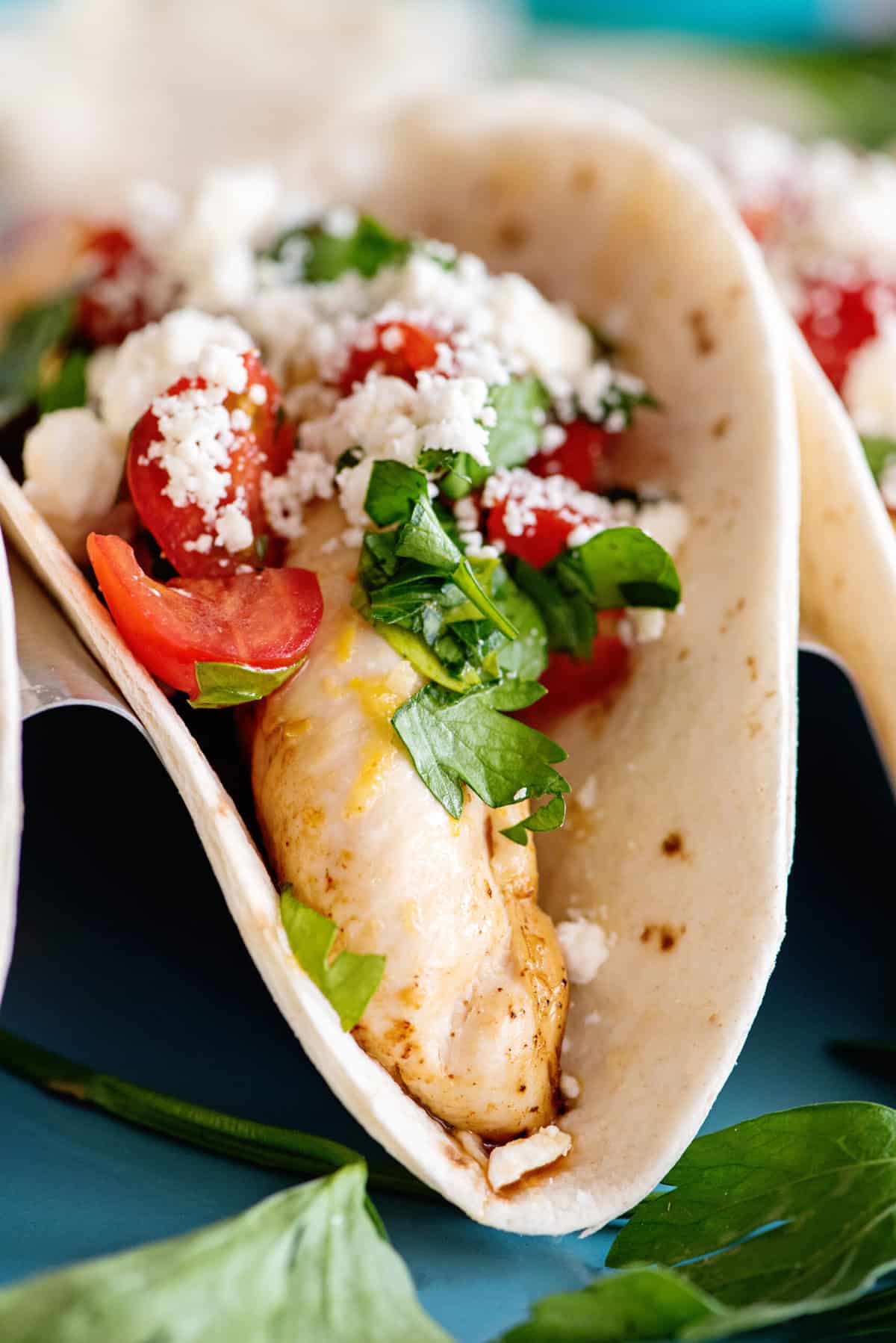
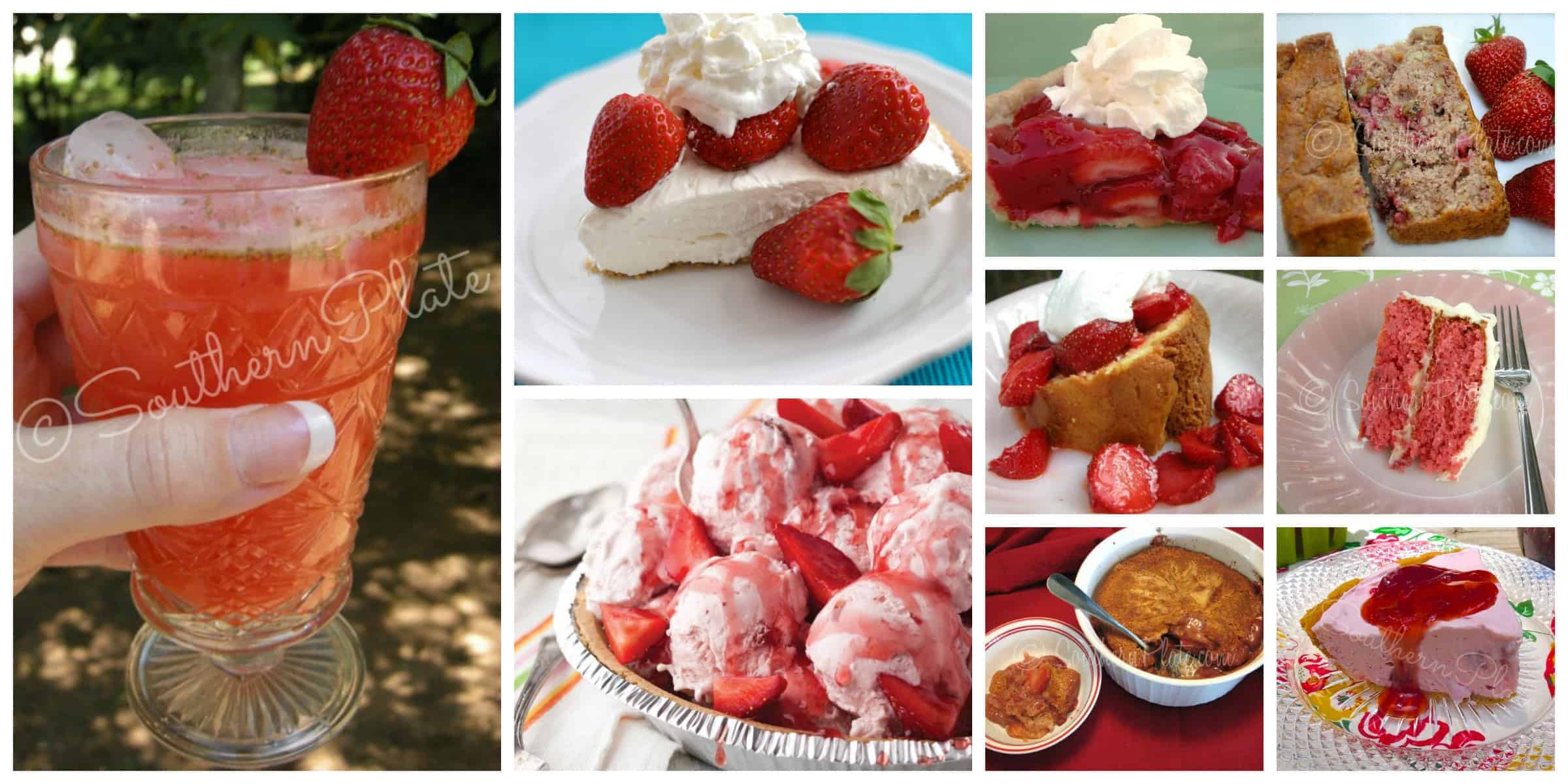
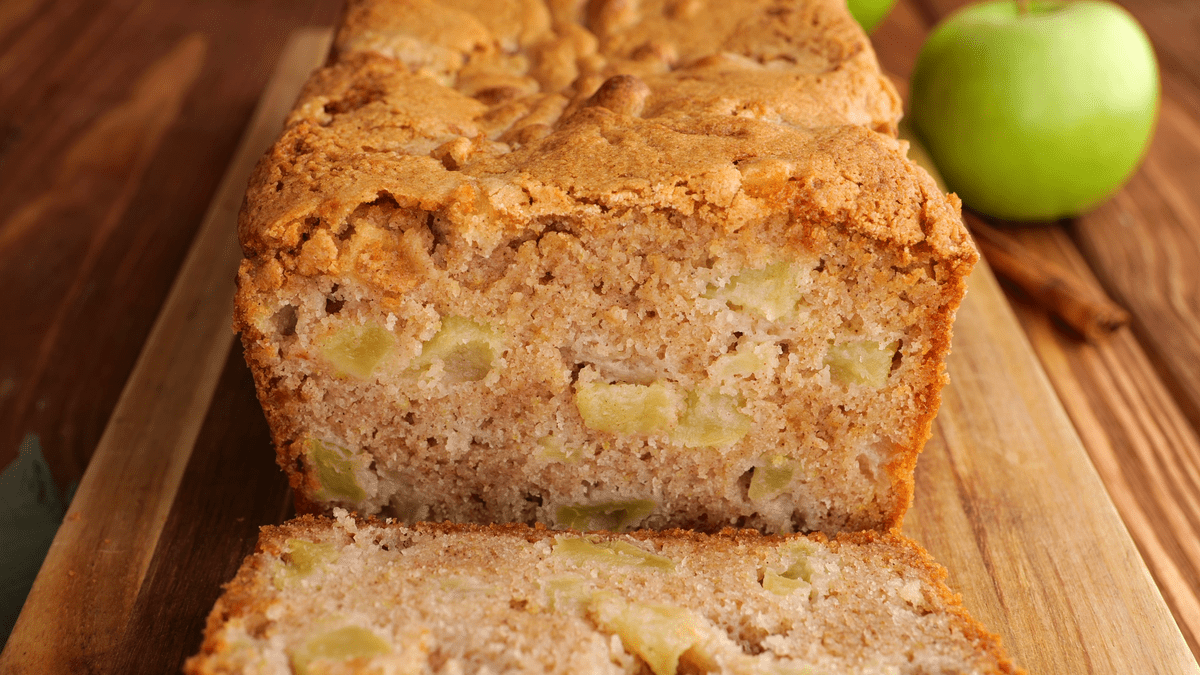
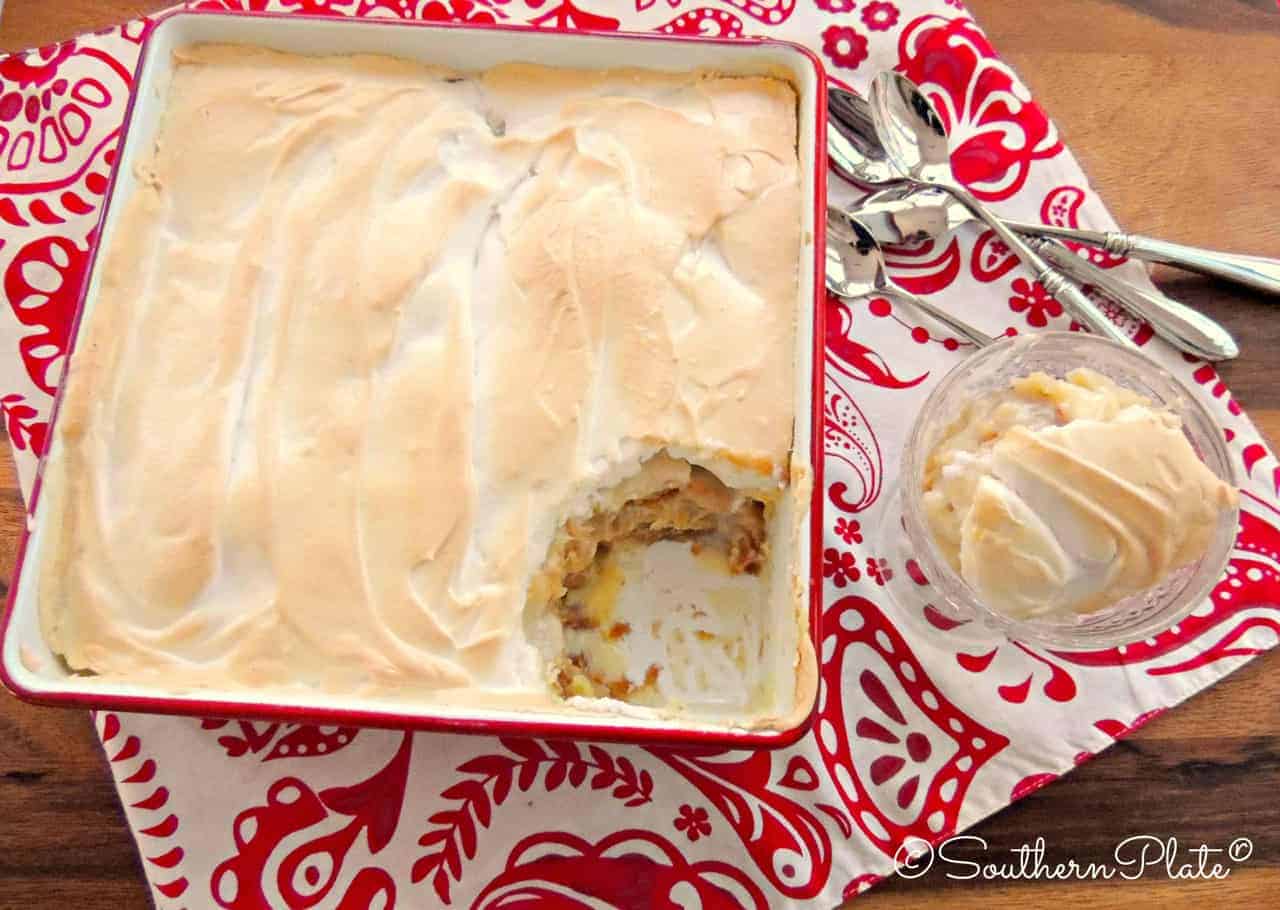
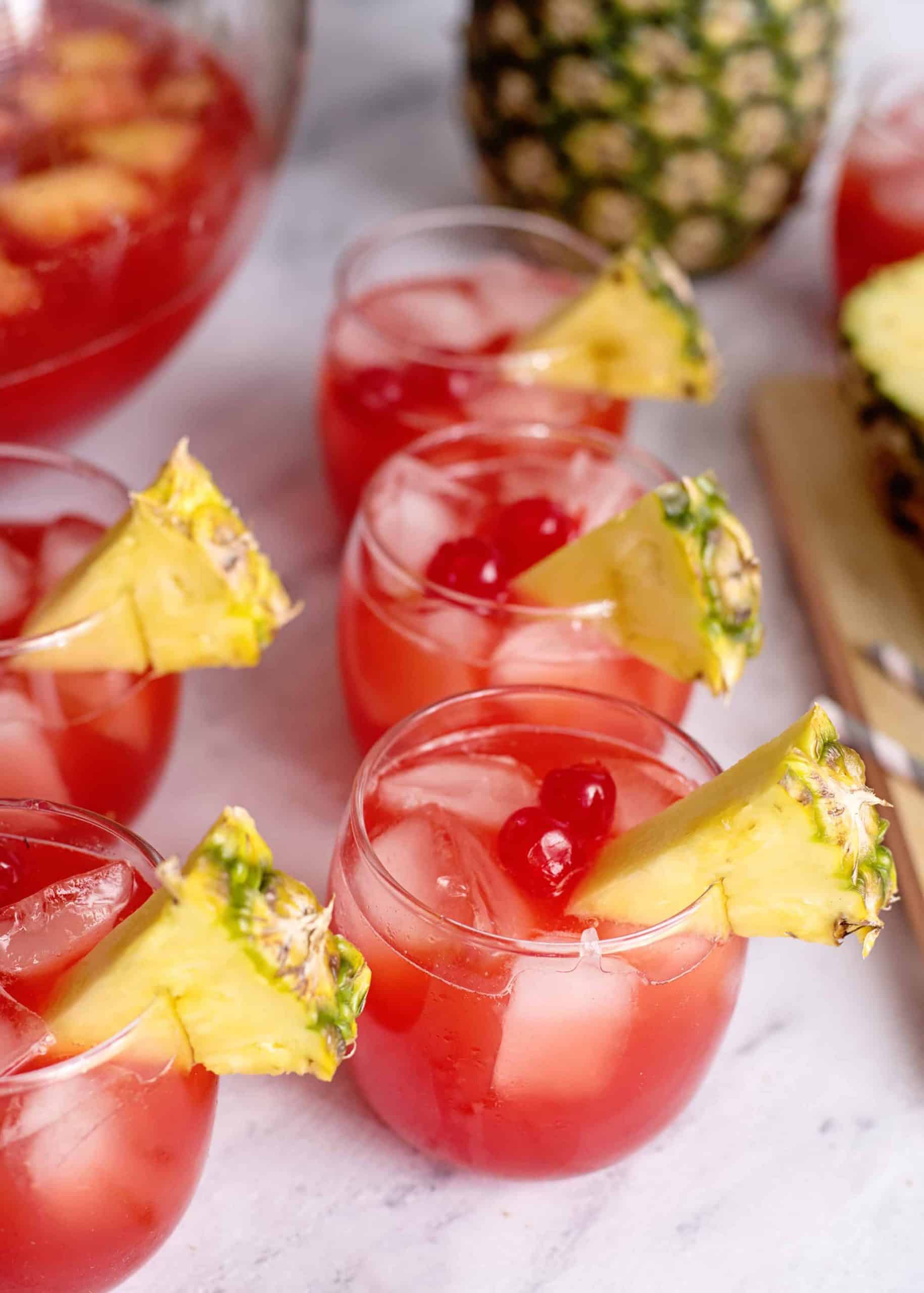
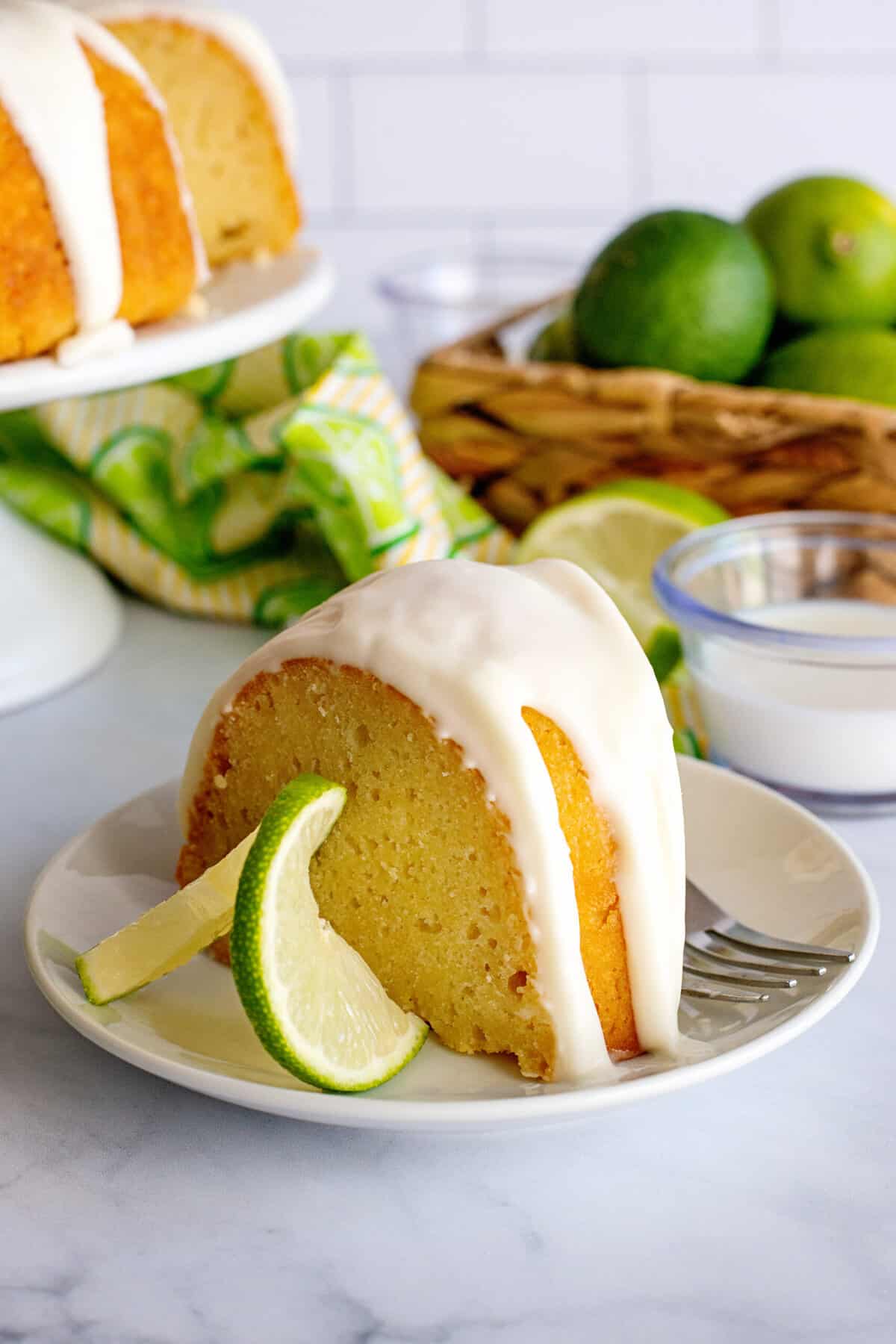
Wow – what fun reading the post AND all the comments (& guilty of replying to several!).
One of my classes in school a zillion yrs ago required that we compile a list of 50 regional colloquialisms. Well, for the local yokels like me, that assignment was a piece of a cake….LOL.For the out of state students – who “sorta” perceived themselves as a tad superior to the local hillbillies – that assignment was a S.T.R.U.G.G.L.E.. & all of a suddent they became our new bff….LOL I am so thankful that “my” school is the only school to offer a major in — YES – Bluegrass!! I’m thankful for the heritage of my hard-working ancestors and of their example of “walking the walk” regarding their faith.
One of my HUGE pet peeves is how “Appalachian” is pronounced by the “educated” tv anchors, reporters, in movies, etc…..GRRRRRRR!! And I really don’t have many pet peeves but that one ranks “right up there.”
Signing off here in the “lost state of Franklin” as I look for my “pocketbook….:)
A few years ago, I moved to St. Louis, MO. The people where ever I went would tell me “I love the way you talk, where are you from”? I really don’t know if they really loved it or was makeing fun of my Southern Accent. I hope it is they really loved it. It never occurred to me that I had such a Southern drall, but I am very proud of it and all my Southern ancestors that came before me. AIN’T YALL<3
Although I have lived in the central KY area now since 1995, my home county is in extreme southeastern KY and I still use our mountain language.
Being from the south, you don’t realize how southern you really sound until you go somewhere where there are no other southerners!
I grew up in Iowa and many of the phrases mentioned here were used by my great grandparents and my mother “warshes”. I think the similarities are more about the lifestyle (my gr grandparents were all farmers) more than the location but who knows, I hear our people came from Kentucky and TN originally. 🙂
What a great story. I have to confess that sometimes the subtitles really help! The only word that really bothers me (and it isn’t primarily southern) is “aks” instead of “ask.” Other than that I love all the differences. Viva la difference!
Greetings from The Old Dominion state. I speak Southern, whereas I say that there’s a “Si-reen” on the “Am-bu-LANCE”. and though raised in the same area, my Mama sounded more Northern, saying “oot” instead of “au-awt” for the word “out”. My husband’s family spoke what they called “country”, saying “hit” for it and things like “funny turned” and “run-an-go”. I’m pushin’ 60, but I’ve always talked this way. My sister lives in San Diego and she tries so hard to tone it down some, but when we are together out there, no one can understand us at all. Plus they think we’re cute. Fun article. Thanks and have a great day.
That “Oot” is a special Virginia dialect- common in communities with a strong Scots heritage.
“Oot” is as Old Virginia as you can get 🙂
I’ve lived all over Virginia in 42 years (but born in Georgia) – NoVa has little accent now but when I was a child once in a while you’d run into a native northern Virginian (anywheres north of Fredericksburg) and you’d hear “Oot”.
(If you think back to watching The Waltons, when Earl Hamner narrated at the beginning of the show, you could *hear it* in his voice.)
Then I married a native Richmonder and some of his family say “Oot”.
Then I moved to the southern VA mountain foothills- near Lynchburg, and have heard a handful say “Oot” and “hoose” (house) it’s very subtle- not strong like a native Scot would say it- more like “Ha-oose”.
But in living all over the place I have heard a lot of variations in the thickness of the dialects and all are beautiful. 🙂 the more rural the thicker-and that is part of why I love livin’ in the sticks! 🙂
It’s rare to hear Oot and hoose today… 🙁
We need to keep that alive.
On another note, I had grandparents in Wisconsin and my German grampa would say Crik, and a number of the other sayings I’ve read on here today.
Of course, he was a farm boy, so maybe some of this linguistic stuff has more to do with rural upbringin’ than simply being blessed by God to be a Southerner.
You might be a Southerner if you pronounce “crayons” as “Crowns” =D
Merry Christmas, y’all!